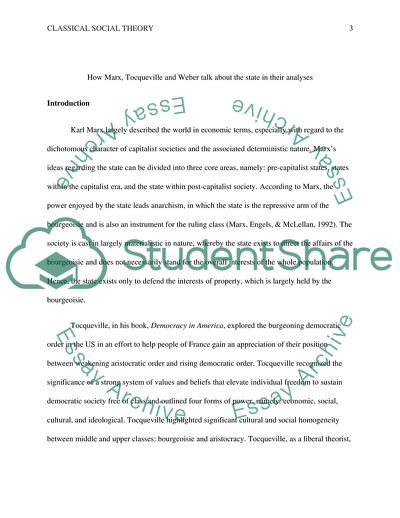Cite this document
(Comparison of Marx and Tocqueville and Weber Analysis of State Literature review, n.d.)
Comparison of Marx and Tocqueville and Weber Analysis of State Literature review. https://studentshare.org/sociology/1813753-can-pick-from-3-options-given-on-the-order-instructions
Comparison of Marx and Tocqueville and Weber Analysis of State Literature review. https://studentshare.org/sociology/1813753-can-pick-from-3-options-given-on-the-order-instructions
(Comparison of Marx and Tocqueville and Weber Analysis of State Literature Review)
Comparison of Marx and Tocqueville and Weber Analysis of State Literature Review. https://studentshare.org/sociology/1813753-can-pick-from-3-options-given-on-the-order-instructions.
Comparison of Marx and Tocqueville and Weber Analysis of State Literature Review. https://studentshare.org/sociology/1813753-can-pick-from-3-options-given-on-the-order-instructions.
“Comparison of Marx and Tocqueville and Weber Analysis of State Literature Review”. https://studentshare.org/sociology/1813753-can-pick-from-3-options-given-on-the-order-instructions.


